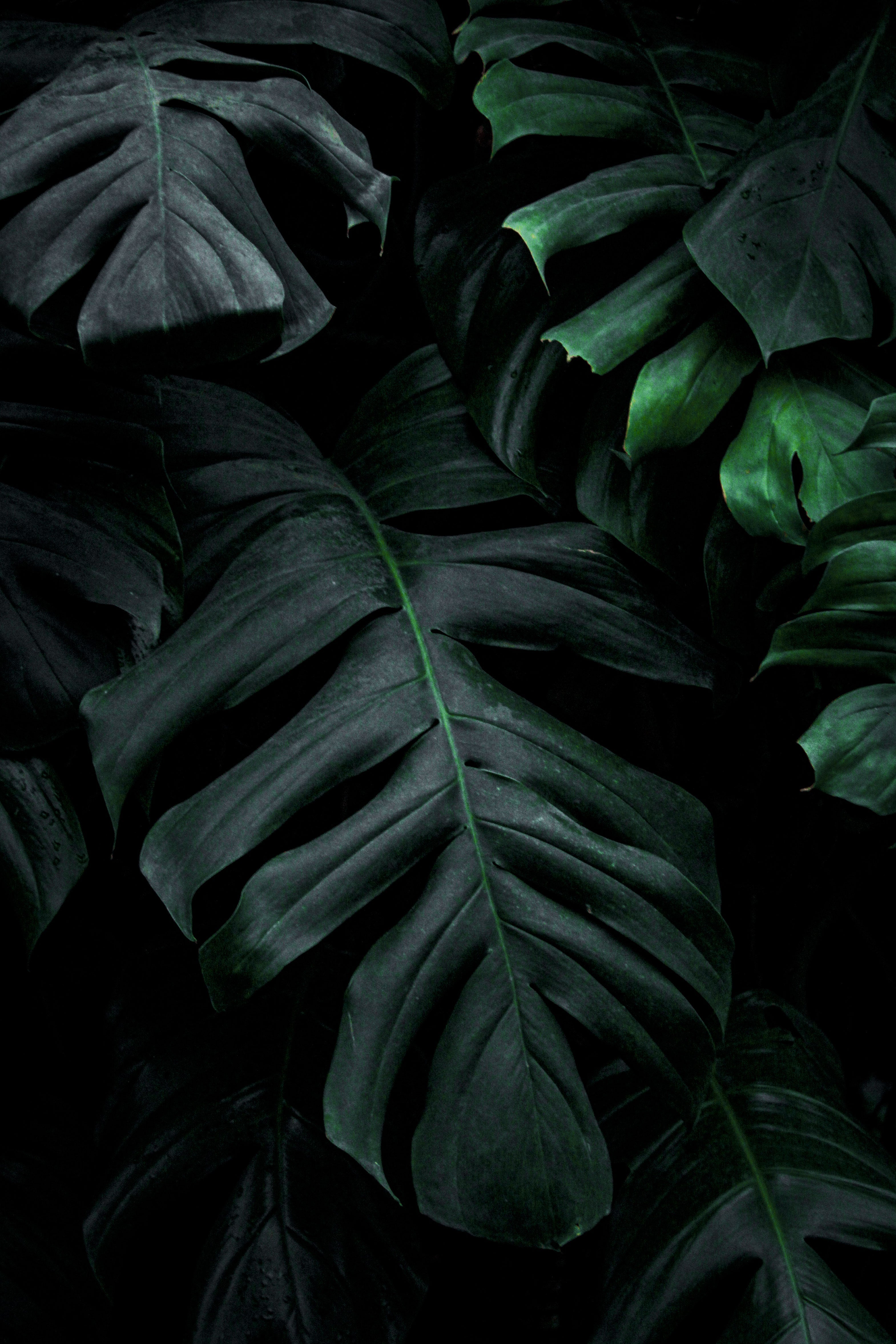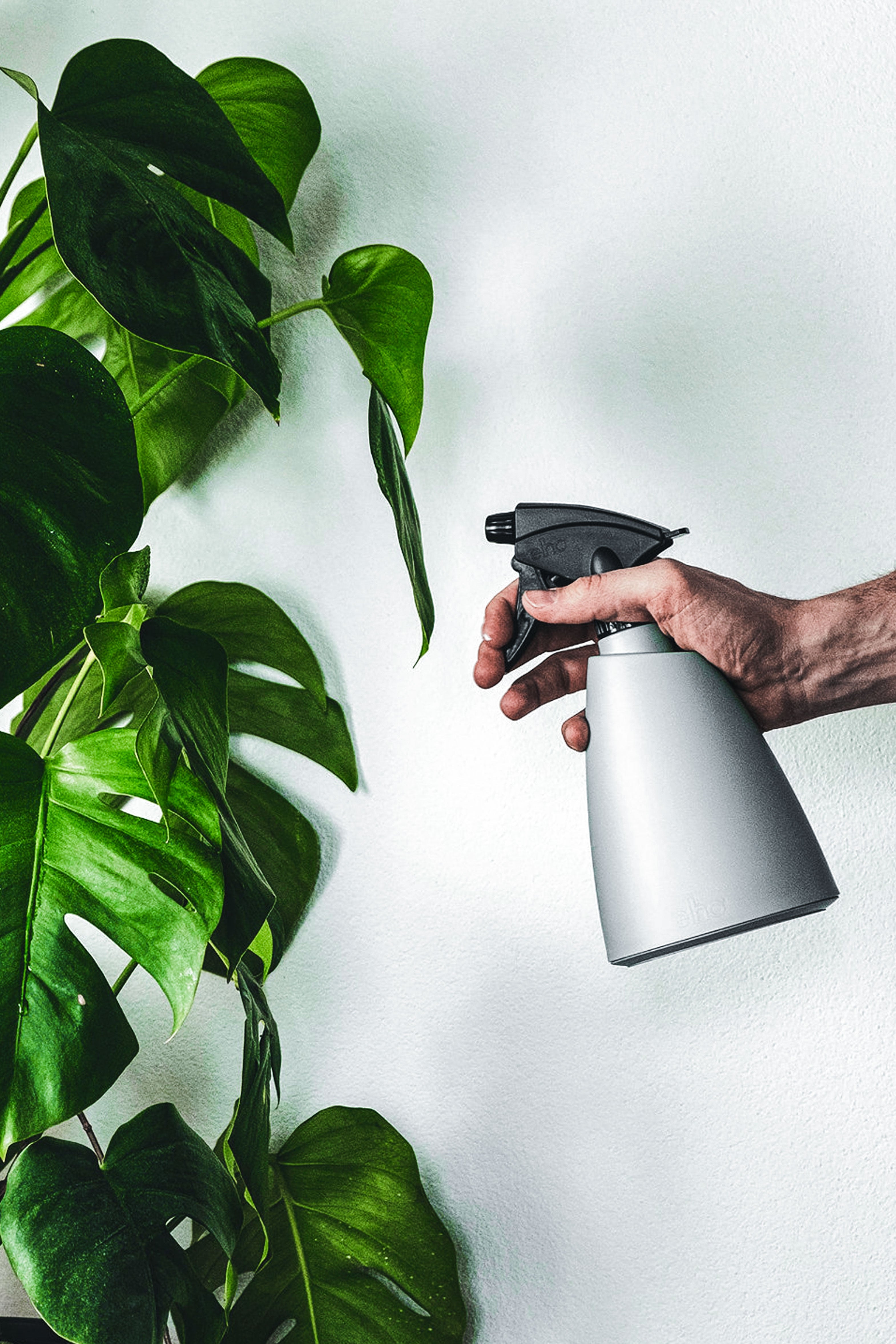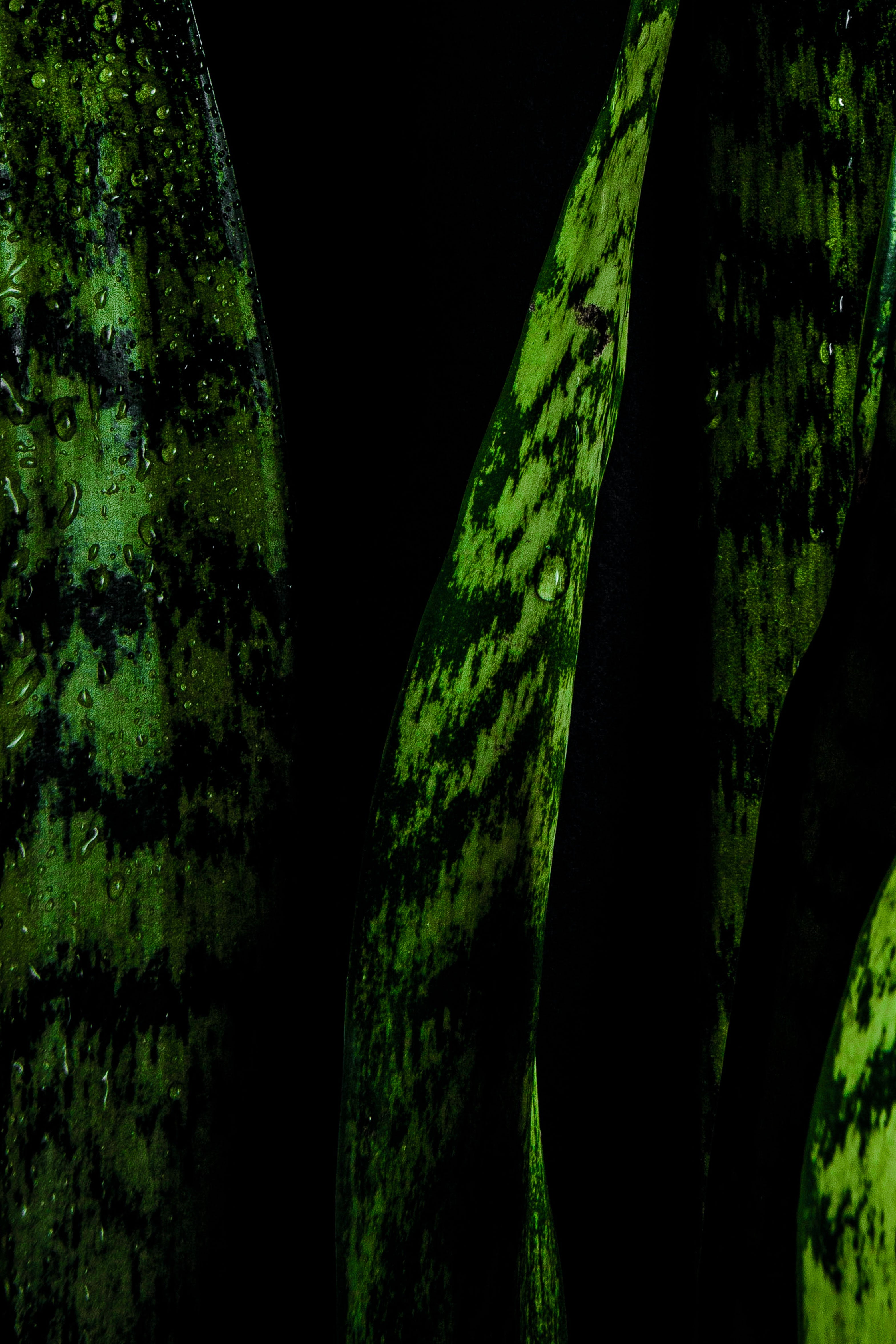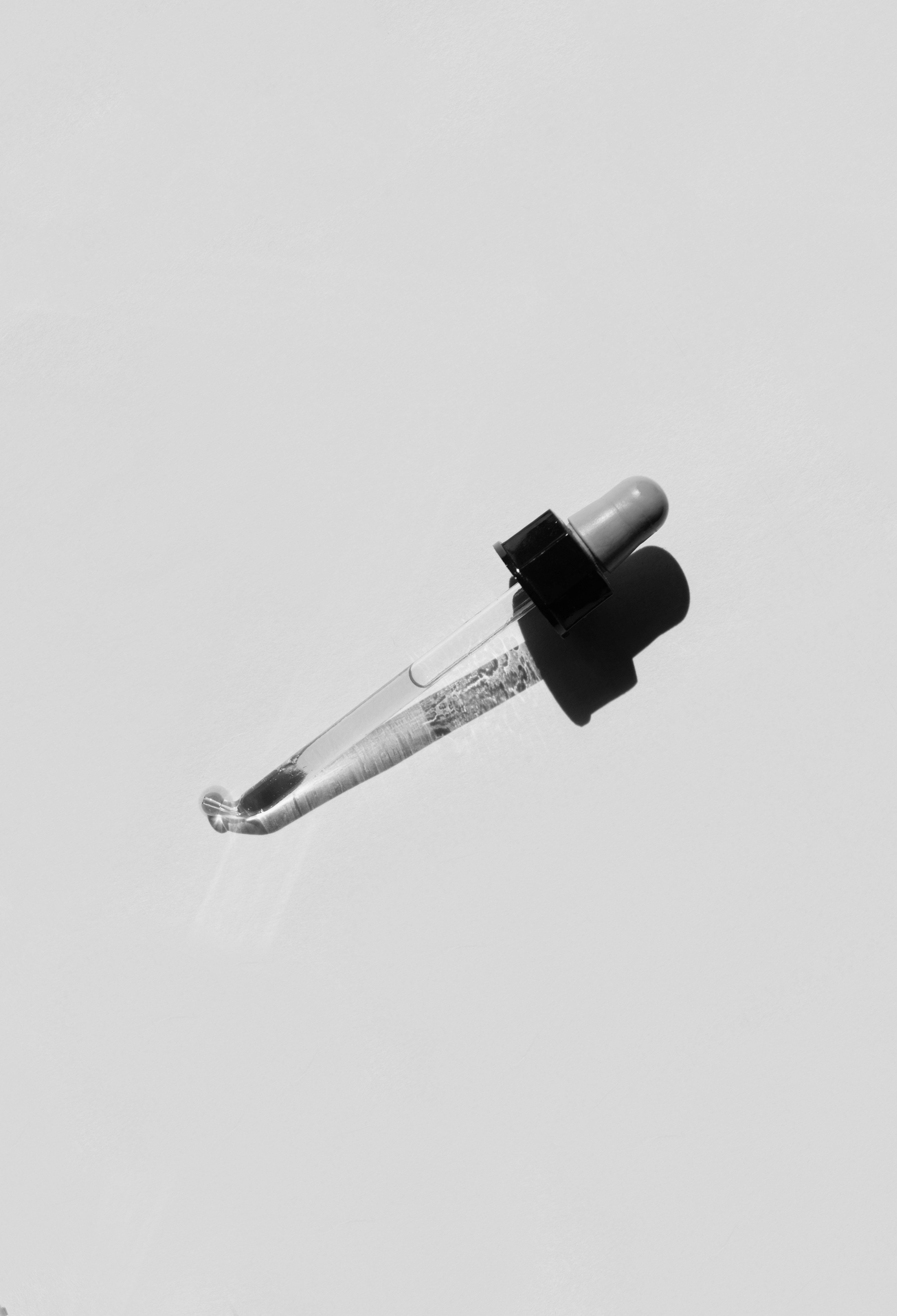Lemon Cypress Care: Your Complete Guide to Growing This Aromatic Plant
Cypress
The Lemon Cypress, native to the Mediterranean, is an aromatic plant with fragrant leaves and an elegant appearance. Its citrus fragrance and ornamental properties make it a charming choice for gardens and outdoor spaces.
___________________________________________________________________________
Lemon Cypress Care:
Light:
This plant thrives in full sun. Place it in a sunny spot where it receives at least 6 hours of direct light per day. More light means more fragrance.
Water:
Lemon cypress prefers slightly moist but well-drained soil. Water regularly, allowing the substrate to dry slightly between waterings. Avoid waterlogging.
Substratum:
Use a porous, well-draining substrate, such as a mix of potting soil and perlite or sand. This will help prevent excessive moisture retention and keep the roots healthy.
Temperature:
This plant is hardy in warm climates, but can also tolerate lower temperatures. It prefers temperatures between 15°C and 30°C (59°F to 86°F). Protect the plant from severe frost.
Humidity:
The Lemon Cypress tree doesn't require specific humidity levels and can adapt to different conditions. However, it avoids extremely dry environments and provides moderate humidity.
Toxicity:
Good news for pet lovers! Lemon cypress is not toxic to dogs, cats, or other pets. However, it is recommended to avoid excessive ingestion of its leaves.
Additional:
In some cultures, the Lemon Cypress is believed to bring good luck and prosperity.
___________________________________________________________________________
Common problems:
-
Fungal Diseases: Cypress is susceptible to fungal diseases such as canker and cypress leaf spot. These diseases can cause branch death and damage the tree's overall appearance.
-
Root rot: Overwatering or poor soil drainage can lead to cypress root rot. This can weaken the tree and make it more susceptible to diseases and pests.
-
Insect Damage: Some insects, such as cypress mites, leaf miners, and beetles, can cause damage to cypress trees. These insects can feed on leaves and branches, affecting the tree's health and appearance.
-
Watering: Cypress trees are resilient trees, but they can suffer from watering in dry climates or during prolonged periods without water. It's important to provide regular and adequate watering to keep the tree healthy.
-
Growing Problems: Some cypress trees may experience growing problems, such as weak or uneven branches, untidy shoots, or a lack of canopy density. These problems can affect the tree's shape and structure.










Leave a comment